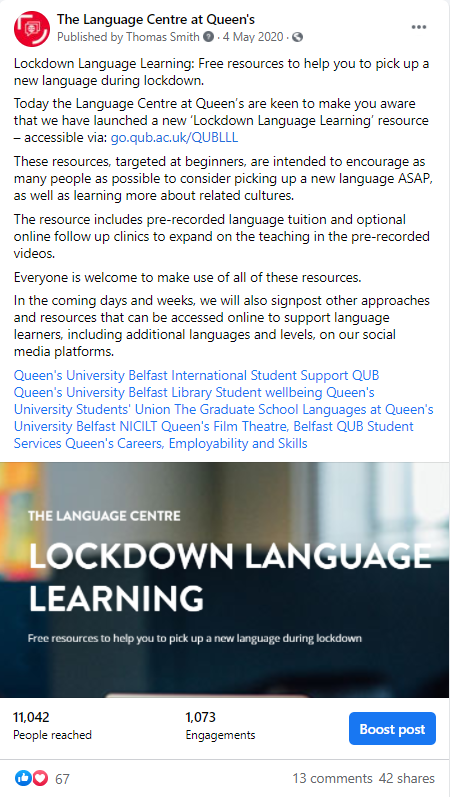May the 4th be with you!
While many of you may be familiar with this pun-loaded greeting from the Star Wars, Chinese people, especially the youth, have their own special celebration on the day.
May (the) Fourth n. (also 4 May, etc.) Chinese History (attributive) designating or relating to a demonstration held by students in Peking (Beijing) on 4 May 1919 to protest against the Chinese government’s failure to oppose the decision by the Versailles Peace Committee to allocate Germany’s former possessions in China to Japan; (also) designating the wider cultural and intellectual revolution in China for which this demonstration is generally regarded as having been a catalyst; esp. in May (the) Fourth Movement.
Oxford English Dictionary
For details of its origin and impact, read the Britannica. Today the Youth Day on 4th May emphasizes more on young generations’ responsibility and role in innovating China’s sustainable development.
Vocabulary and expressions
- 五四 (wǔsì) – refers to the abbreviation of the date 4th May in Chinese 五月四日/号 (wǔ yuè sì rì/hào); 月 (yuè) – month, 日/ 号 (rì/hào) – day of a month
- 青年 (qīngnián) – youth
- 节 (jiē) – festival, a special day of recognition for a traditional or contemporary event
- 运动 (yùndòng) – movement, exercise
At Queen’s, while we introduce this historical event to you, we would also like to invite you to join our celebration of today as we promoted our Lockdown Language Learning programme this day a year ago!
Did you sign up for the Mandarin online clinics, or have you picked up any Mandarin Chinese so far? Have you identified someone, such as a language partner, to support you? What additional resources have you used and found interesting when you did your self-study? Tell us how you feel about it and what the exciting and/or challenging moments were when you were learning the language. Just share with us your experience/reflection/advice by dropping a few lines in the Comment box below.

